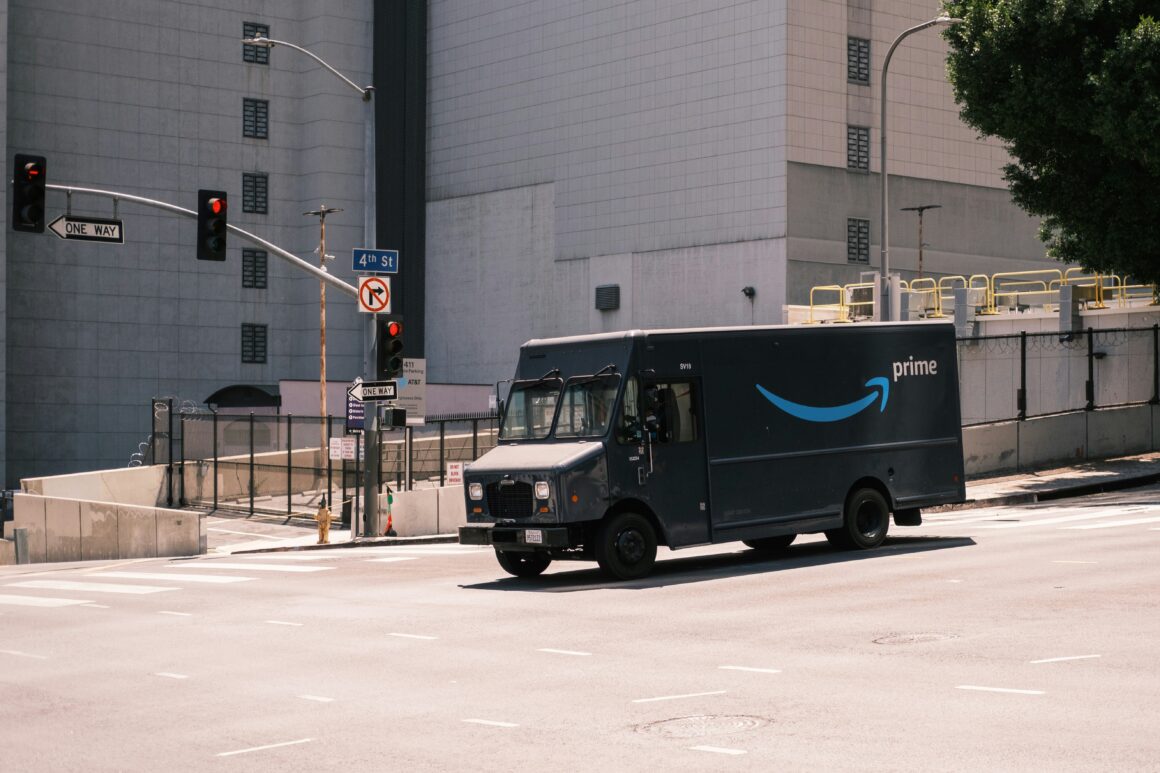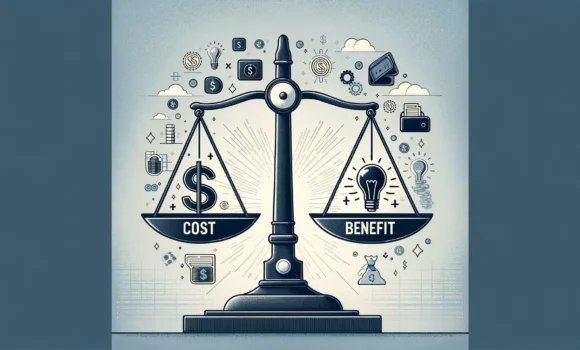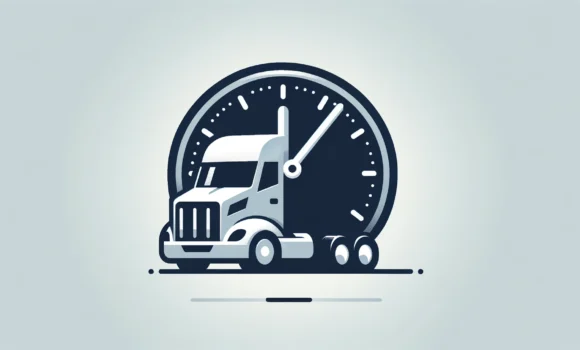Why Delivery Truck Accidents Are on the Rise and How to Hold Companies Accountable

With the surge in online shopping, especially during the pandemic, delivery trucks from companies like UPS, FedEx, Amazon and DHL have become a common sight. Unfortunately, this increase in vehicles has led to a rise in accidents, leaving many people vulnerable.
If you’ve been in a delivery truck accident, you’re not alone, and you’re not powerless. You have the right to seek justice and hold these companies accountable.
Why Are Delivery Truck Accidents Becoming More Common?
The growing demand for fast deliveries has placed immense pressure on delivery companies, leading to an increase in accidents. Here’s why:
1. Pressure for Faster Deliveries
Consumers expect packages quickly, pushing drivers to work longer hours with fewer breaks, increasing fatigue, a major cause of accidents. Fatigued driving is as dangerous as driving under the influence, especially when operating heavy trucks.
2. Overworked and Inexperienced Drivers
To meet demand, companies hire seasonal or inexperienced drivers who may not be trained adequately to handle large trucks. Poor training can lead to dangerous road decisions, from neglecting blind spots to improperly loading trucks.
3. Tight Schedules Encouraging Reckless Driving
Strict delivery quotas put drivers under pressure, causing them to rush, skip breaks, and cut corners. This often results in unsafe driving practices like speeding through residential areas or running stop signs.
4. Distracted Driving
Delivery drivers frequently interact with technology, updating package statuses, navigating routes, and communicating with dispatch, leading to distractions. Even a brief lapse in attention can cause serious accidents, particularly with large vehicles requiring more stopping distance.
What You Should Do if You’ve Been in a Delivery Truck Accident
Here’s a guide to follow if you’re involved in an accident:
- Seek Medical Attention
Even if you feel okay, get checked by a doctor to ensure no hidden injuries. Medical records are crucial for any legal claims. - Document the Scene
Take photos of the vehicles, damage, and your injuries. Gather witness contact information to strengthen your case. - Be Cautious with Insurance Adjusters
Avoid giving statements or accepting settlements without consulting a lawyer. Insurance adjusters aim to minimize claims, so proceed carefully. - Consult a Personal Injury Lawyer
Companies like UPS, FedEx, Amazon and DHL have strong legal teams. An experienced lawyer will help you navigate complex claims and ensure you receive the compensation you deserve.
Holding Companies Like UPS, FedE, Amazon and DHL Accountable
Accidents aren’t always the driver’s fault. The company itself may be responsible. Here’s how:
- Negligent Hiring or Training: Companies may be liable if they hire unqualified drivers or fail to provide proper training.
- Unrealistic Quotas: If tight schedules force drivers to break traffic laws, companies can be held responsible for creating unsafe conditions.
- Failure to Maintain Vehicles: Companies that neglect vehicle upkeep, leading to mechanical failures, can be held accountable for accidents.
You Can Fight Back
Facing large corporations can be intimidating, but with the right legal support, you can hold them accountable. Understanding the rise in delivery truck accidents and your rights after a crash are the first steps toward justice and reclaiming your life.
If you’ve been involved in a delivery truck accident and need experienced legal representation, Strong Law P.C. is here to help. Our dedicated team specializes in personal injury cases, including those involving large corporations like UPS FedEx, Amazon and DHL. We understand the complexities of these claims and are committed to fighting for the compensation you deserve. Contact Strong Law P.C. today to protect your rights and hold these companies accountable.
Tell Us About Your Case
Contact us today at (417) 887-4300 or online to arrange your free case evaluation. Our Experienced Trial Attorneys will walk you through your legal options.


